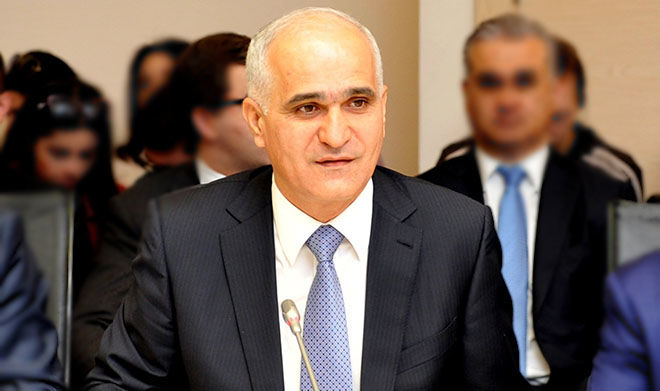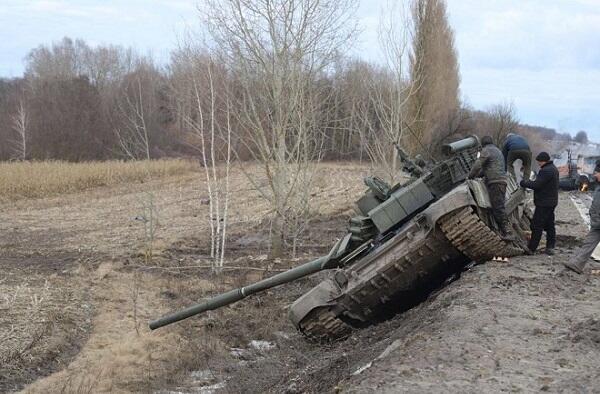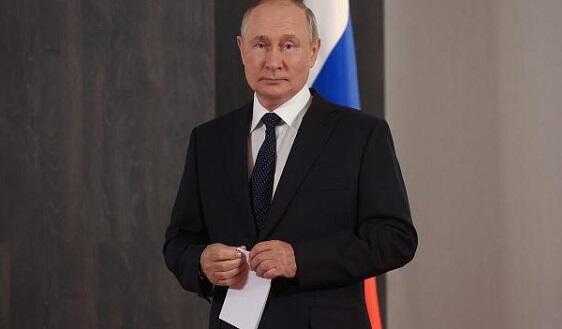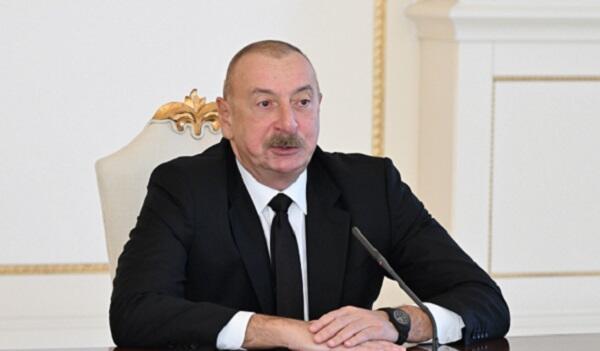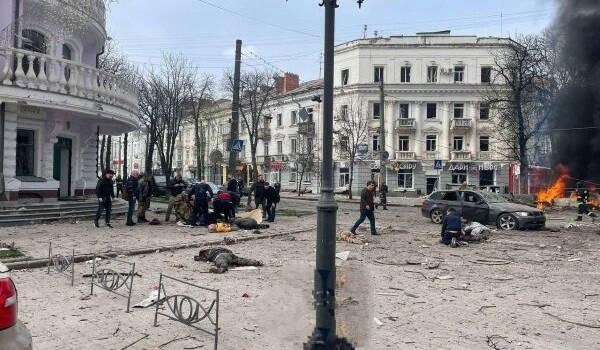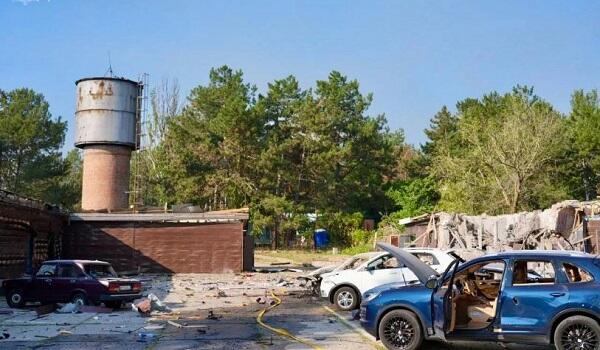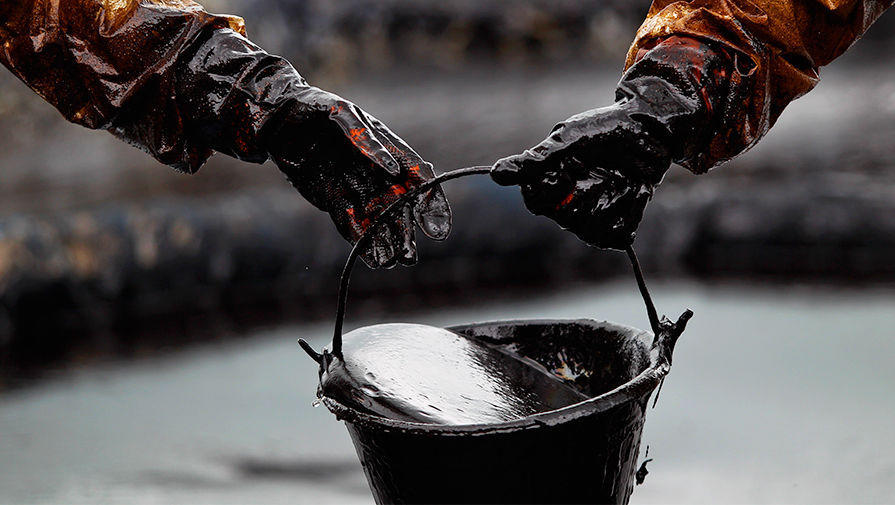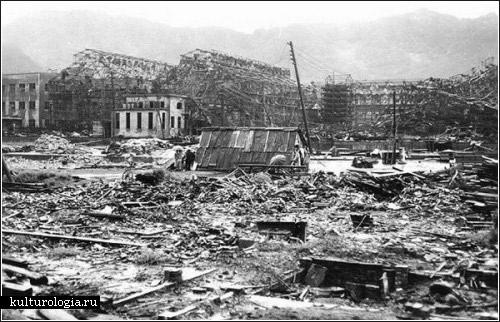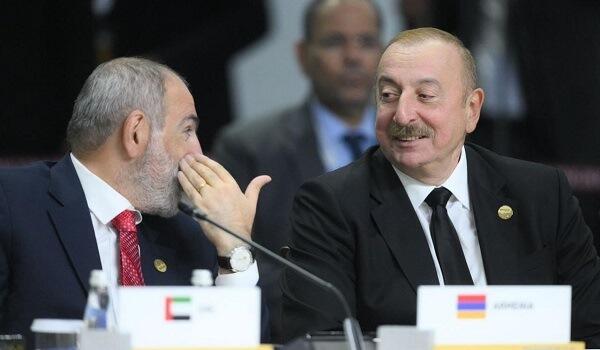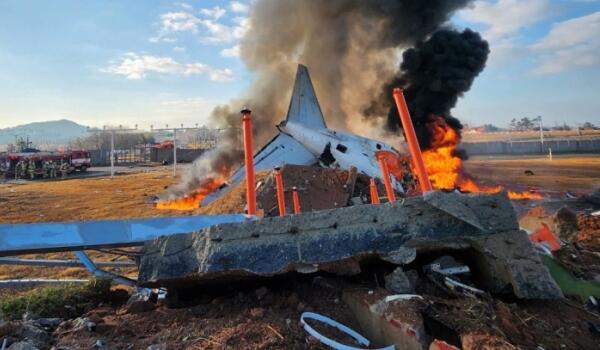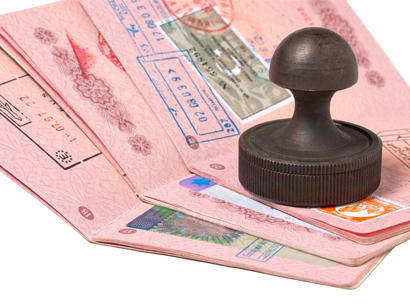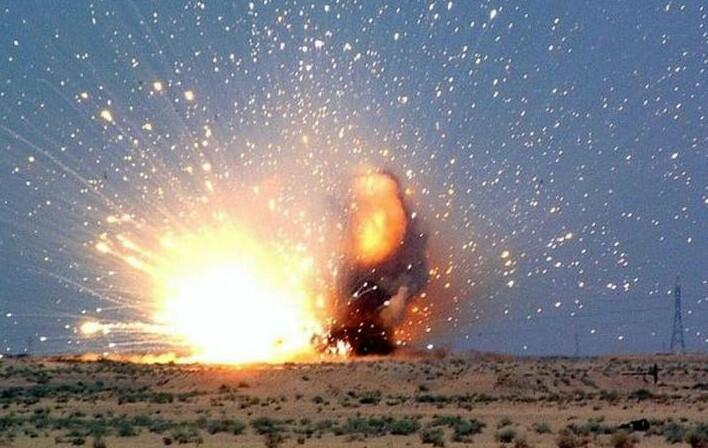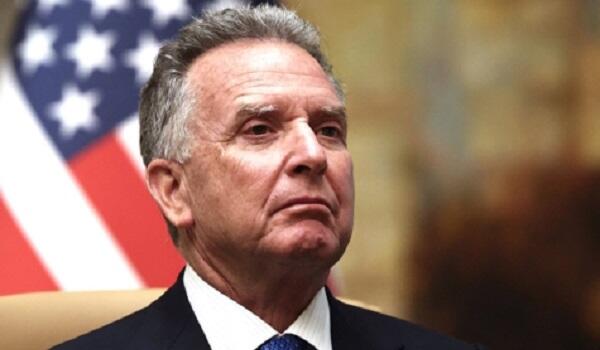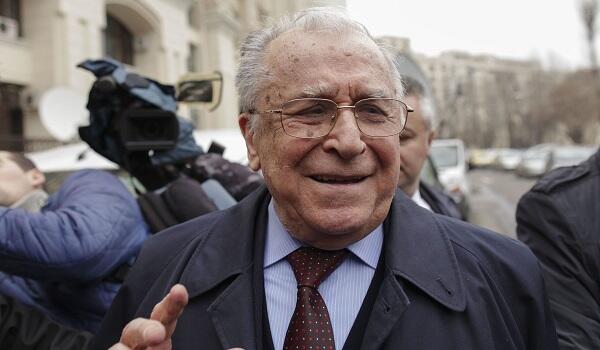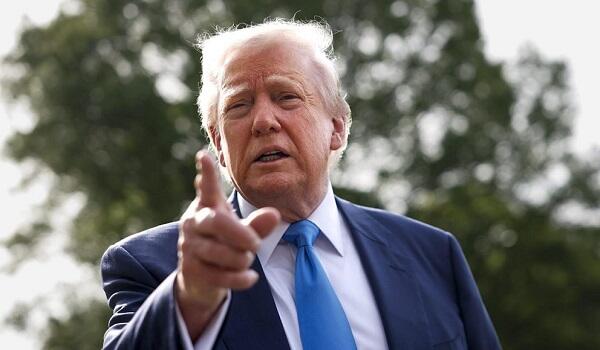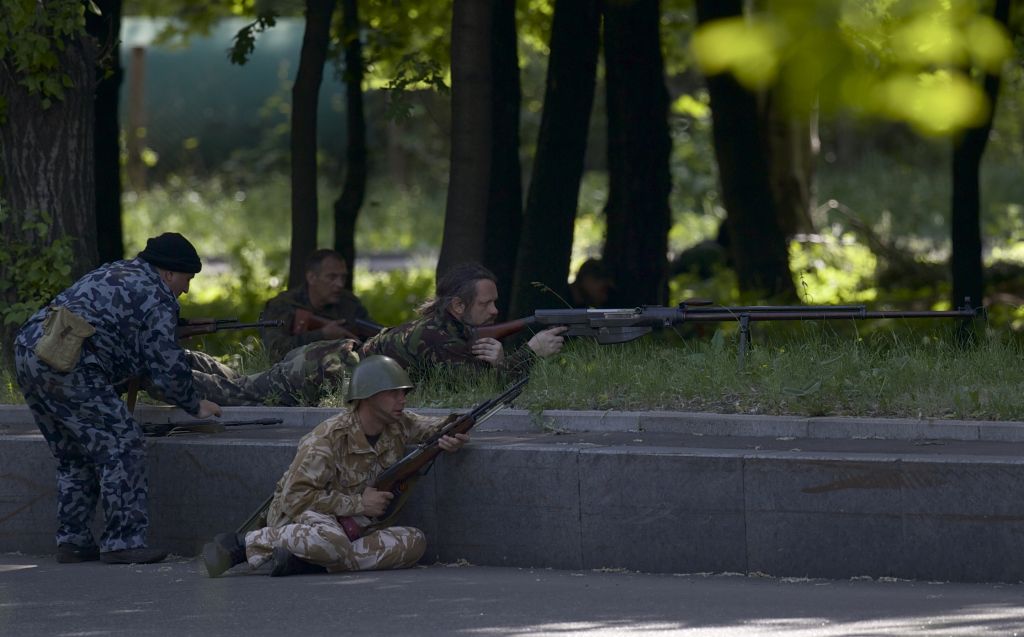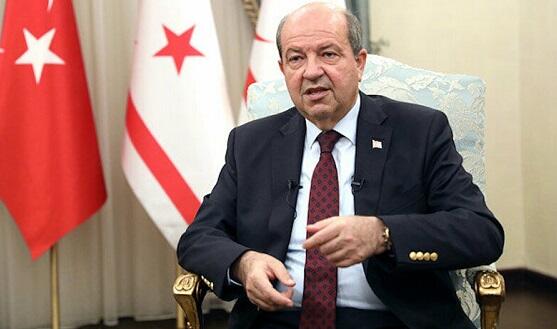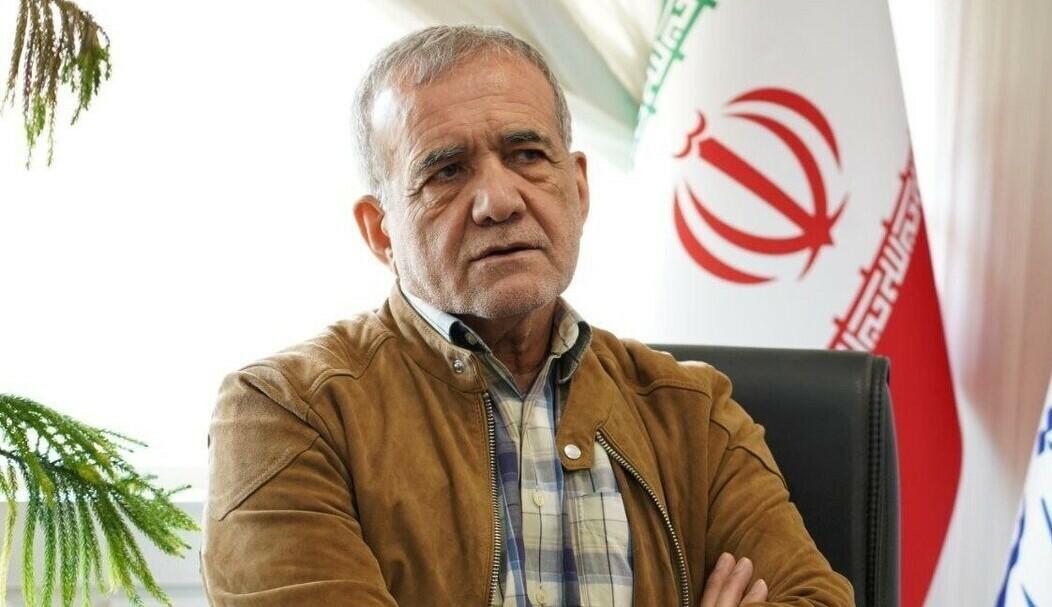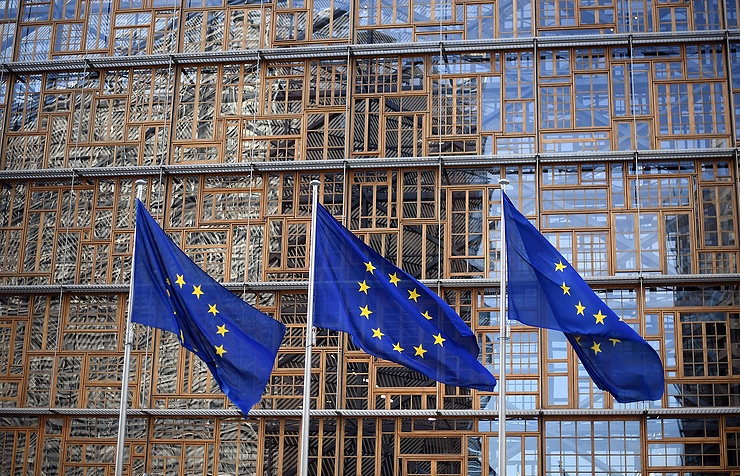On August 6, 2025, Hiroshima commemorated the 80th anniversary of the U.S. atomic bombing that killed 140,000 people in 1945. With many survivors now in their 80s and 90s, this year’s memorial may be the last major milestone for those who directly experienced the devastation.
Survivors used the occasion to express concern over the rising global acceptance of nuclear weapons as deterrents amid current conflicts, particularly Russia's war in Ukraine and broader global tensions.
Axar.az reports that Hiroshima’s mayor, Kazumi Matsui, warned that growing military buildups and reliance on nuclear deterrence ignore the hard-learned lessons of history.
He urged younger generations to resist such policies, calling their consequences “utterly inhumane.” Survivor groups, like Nihon Hidankyo—which won the Nobel Peace Prize in 2024—emphasized the urgent need to challenge nuclear states and promote disarmament.
At the official ceremony, over 55,000 people, including delegates from 120 countries, gathered in Hiroshima’s Peace Memorial Park. A minute of silence was observed at 8:15 a.m., the moment the bomb struck. Japanese Prime Minister Shigeru Ishiba, along with other officials, laid flowers and reaffirmed Japan’s pledge to pursue a nuclear-free world, though he did not mention signing the Treaty on the Prohibition of Nuclear Weapons, which Japan has so far refused to endorse due to its reliance on the U.S. nuclear umbrella.
Survivors voiced frustration with political hypocrisy, particularly criticizing U.S. President Donald Trump for recently comparing the atomic bombing of Japan to America’s June 2025 attack on Iran. Many saw the Japanese government's muted response as another example of its failure to fully honor the victims or advocate for real disarmament. Meanwhile, the Vatican and the UN called for the memory of Hiroshima to inspire renewed commitment to peace and nuclear abolition.
Despite symbolic gestures like dove releases and remembrance speeches, many survivors fear their message will fade with time. They continue to call for accountability, recognition, and a genuine global shift away from nuclear arms, warning that the lessons of Hiroshima must not be lost.
